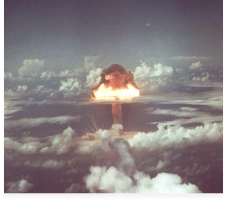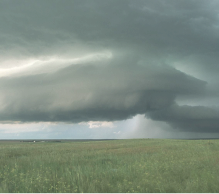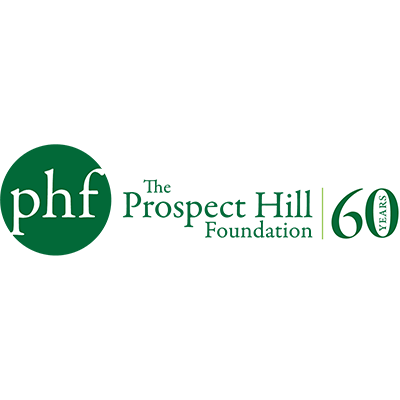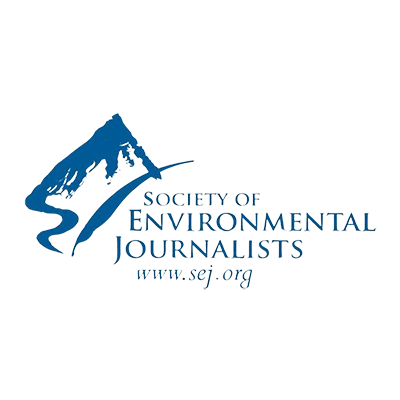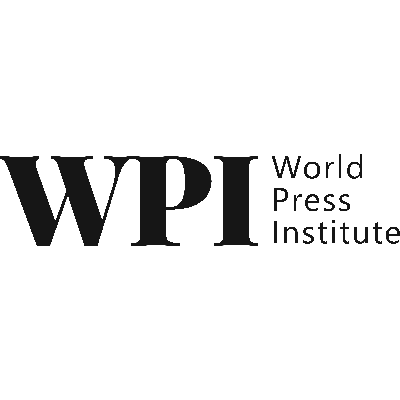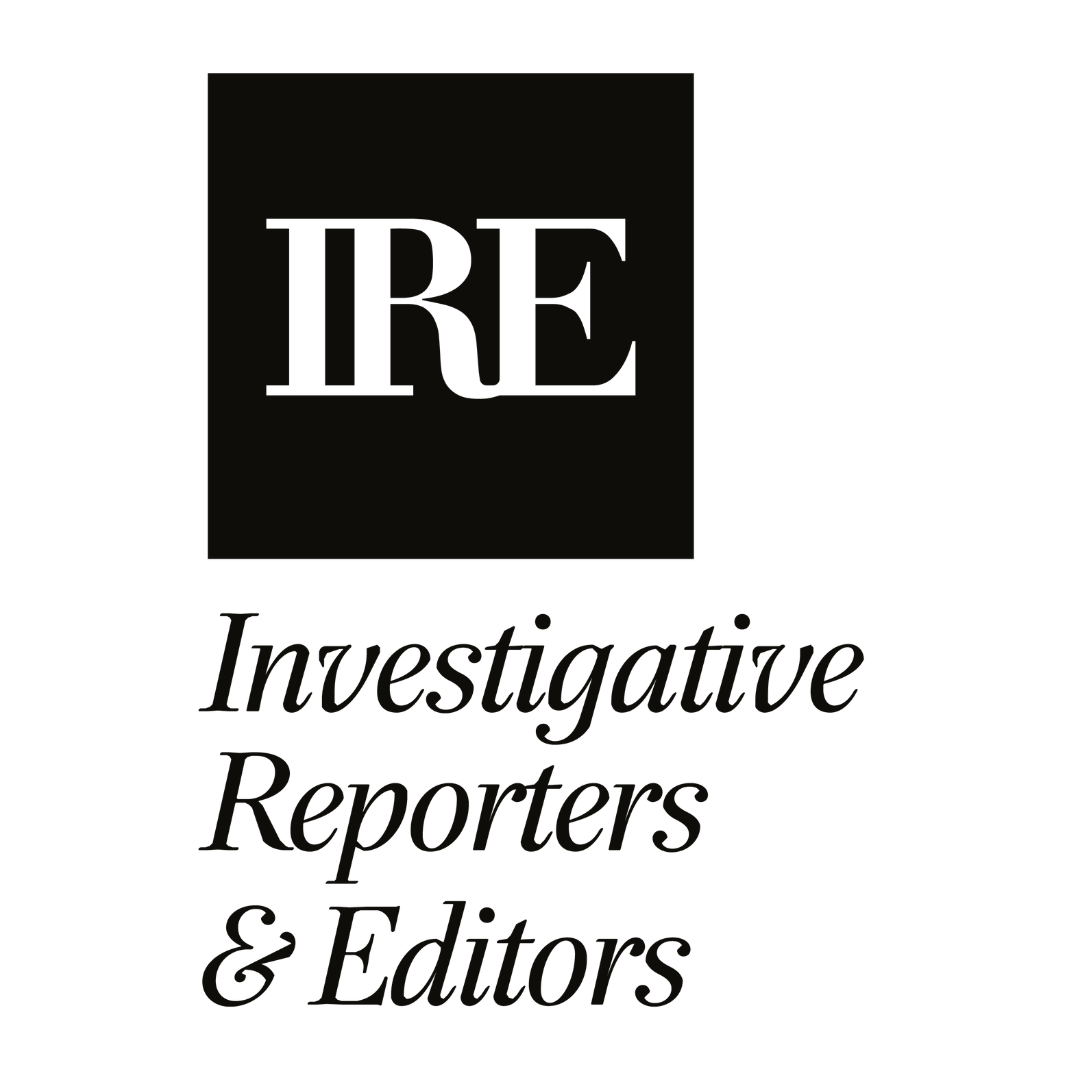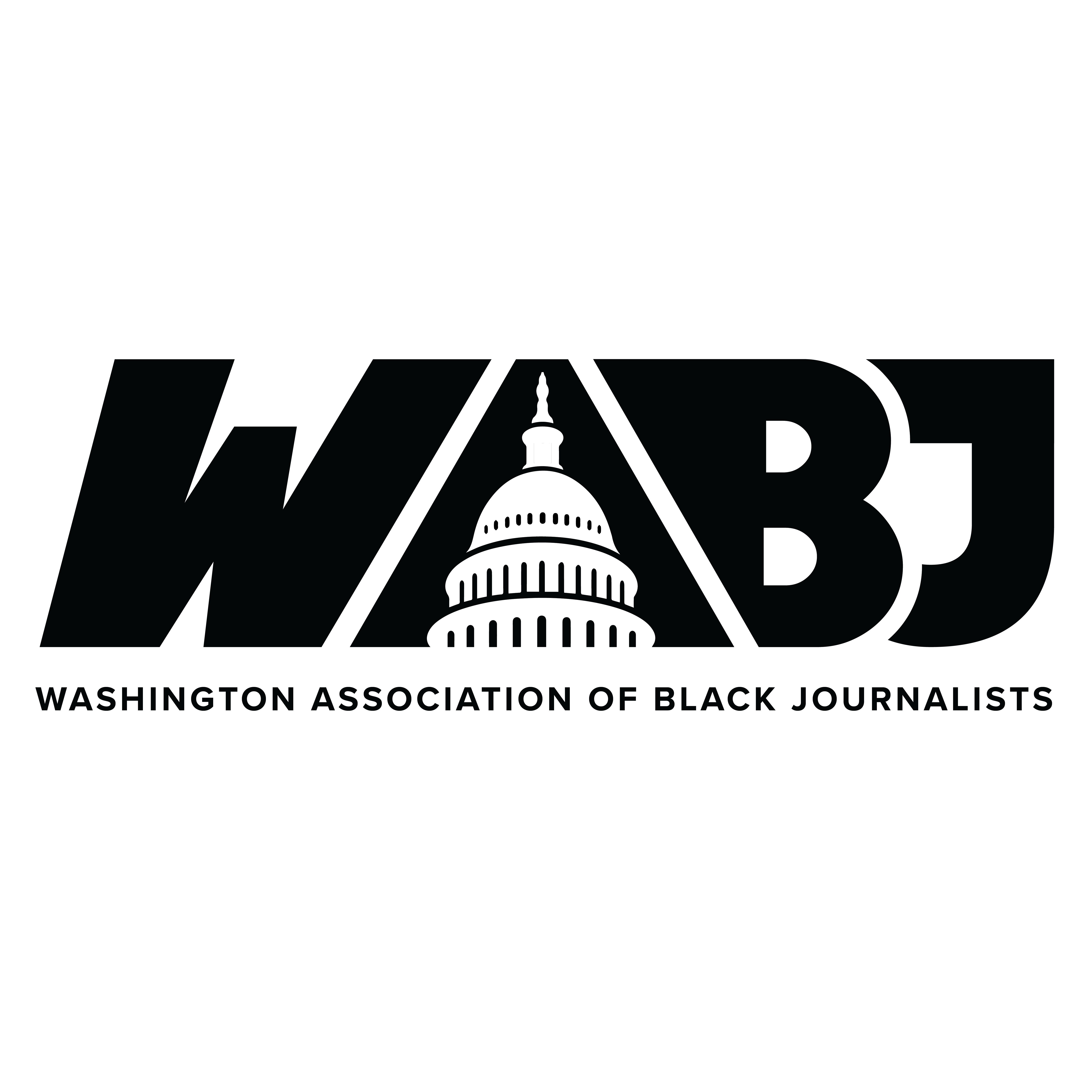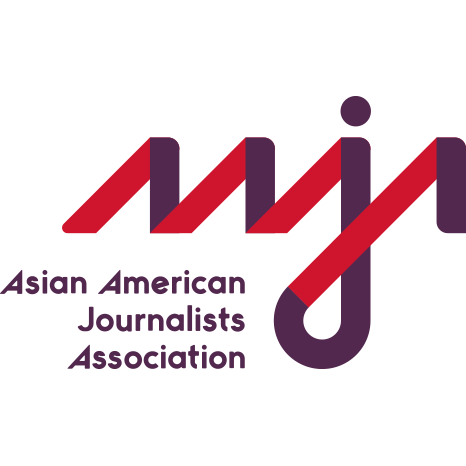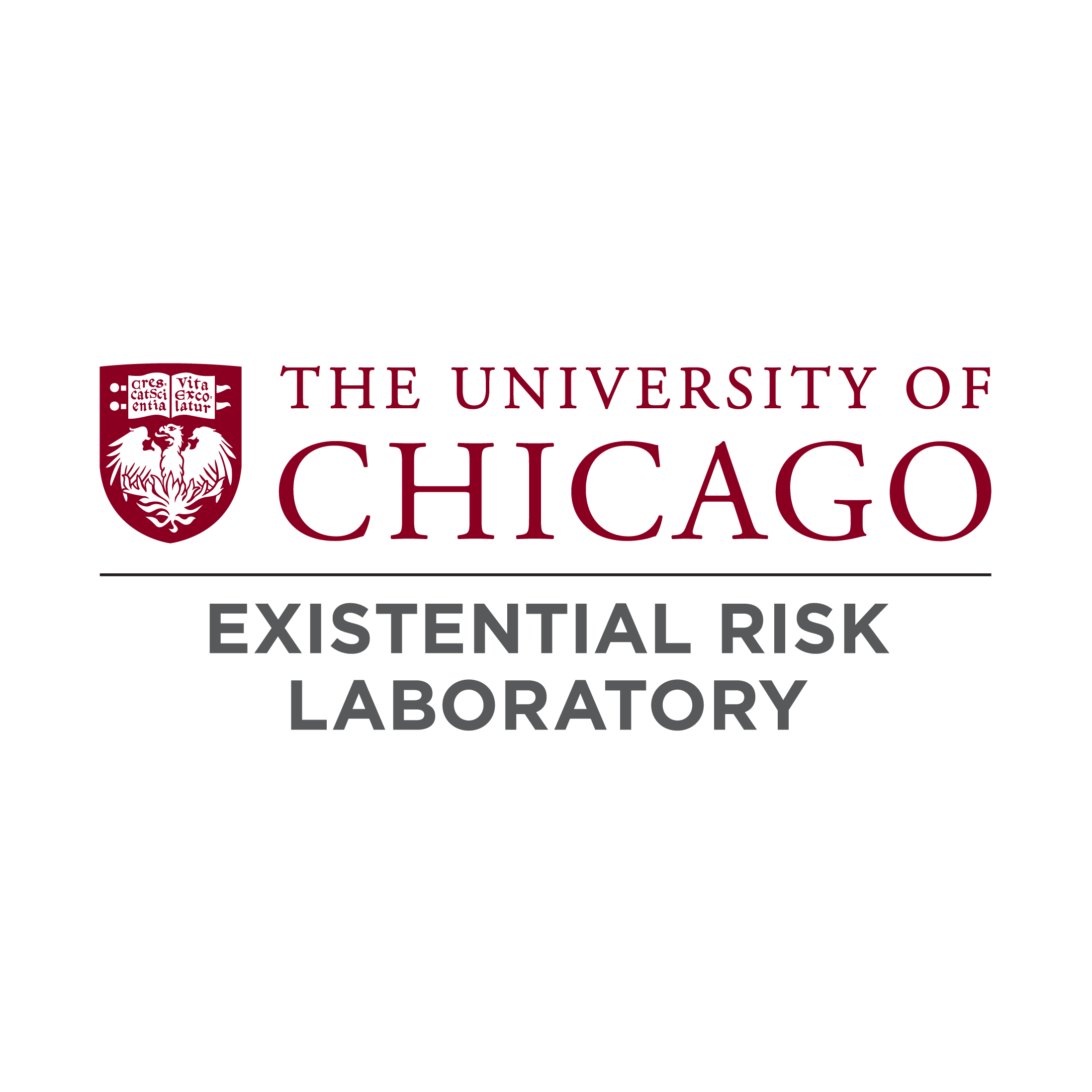Watch the 2024 Outrider Nuclear Reporting Summit
Public awareness of nuclear threats has never been more vital, so we convened journalists at the nexus of health, climate, and national security to deepen their knowledge about how these issues are interconnected in the new nuclear landscape.
The inaugural Outrider Nuclear Reporting Summit gathered 126 media practitioners, national security experts, policymakers, and scientists. This free, two-day conference and training focused on how nuclear weapons issues intersect with artificial intelligence, community health, climate change, local economies, and the environment.
Program Schedule
When Climate Change Threatens National Security
A New U.S. President and New Nuclear Weapons: A Global Perspective
The Hidden Health Impacts of Nuclear Weapons Production
Asking the Right Questions and Finding Overlooked Stories
Nuclear Treaties, the Nobel Peace Prize and the Imagery of Nuclear Weapons
Friday, December 6
The Future is Now: Artificial Intelligence and National Security
Nuclear Weapons: Then and Now, in Space and on Earth
